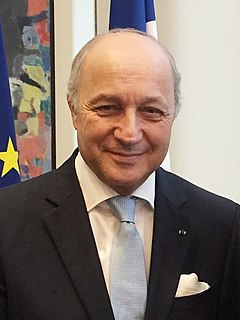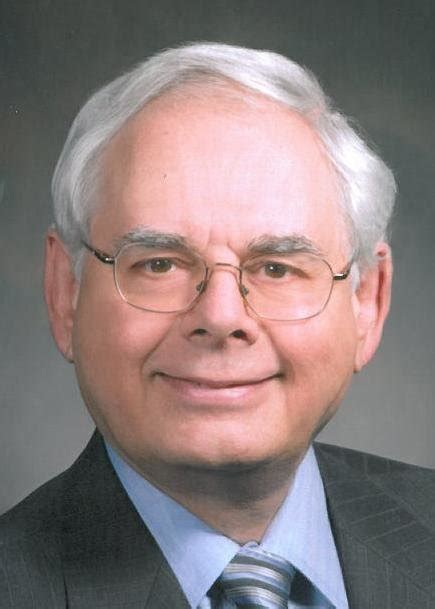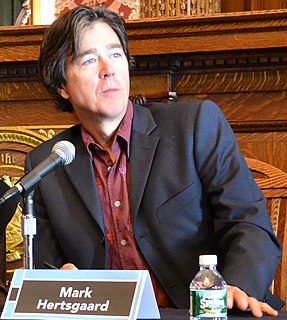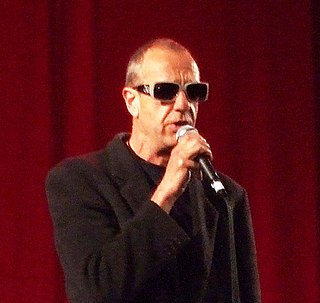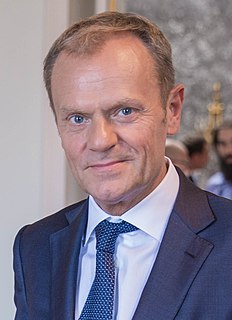A Quote by Emmanuel Macron
Perhaps I am following in the footsteps of François Mitterrand, who really did want to shape Europe. My predecessors, by contrast, thought it was best to say nothing at all and to keep all their options open. That may sound like a tactical approach, but perhaps it was simply because they didn't have any ideas for Europe at all.
Related Quotes
In this case [the Charlemagne Prize], I don't say (I was) forced, but convinced by the holy and theological headstrongness of Cardinal [Walter] Kasper, because he was chosen, elected by Aachen to convince me. And I said yes, but in the Vatican. And I said I offer it for Europe, as a co-decoration for Europe, a prize so that Europe may do what I desired at Strasburg; that it may no longer be "grandmother Europe" but "mother Europe."
Obviously the policies put forward by the IOC and other organizations are evolving and perhaps they may change after I have competed. But I would ask people to keep an open mind and perhaps look to the fact that I didn't win, as evidence that any advantage I may hold is not as great as they may think.
I do not know if the doctrine that the nation-state arose in the 19th century was still being taught:;... but it is erroneous. The nation-state reaches back far into the origins of Europe itself and perhaps beyond. If Europe was not always a Europe of nations, it was always a Europe in which nations existed, and were taken for granted, as a basic form of the State.
During Mr. Reagan's trip to Europe...members of the traveling press corps watched him doze off so many times--during speeches by French President Francois Mitterrand and Italian President Alessandro Pertini, as well as during a one-on-one audience with the Pope--that they privately christened the trip 'The Big Sleep.'
Perhaps this is how girls fall -- not in some crime of enchantment at the hands of a wicked ne'er-do-well, a grand before and after in which they are innocent victims who have no say in the matter. Perhaps they simply are kissed and want to kiss back. Perhaps they even kiss first. And why should they not?
I think whatever we've done as a band at The Clientele, we've done because it's so natural. Our "old" sound isn't really like any actual bands from old times. We take elements of past music styles and past sounds as a way to... this is going to sound very pretentious and perhaps overly thought-out, but as a way to strike chords of vague nostalgia, and strike chords of, "I've heard this before somewhere." That's what a lot of our music is about in terms of the words and ideas behind it, so we really use old sounds as a way to serve that agenda.
As you look back in history, we [the United States] have done wonderful things, the Marshal Plan is the most obvious. After World War II, we spent billions of dollars to rebuild Europe or at least part of Europe after the devastation of World War II. We did it out of charity, but we also did it to keep the Russians from getting deeply into Europe.

